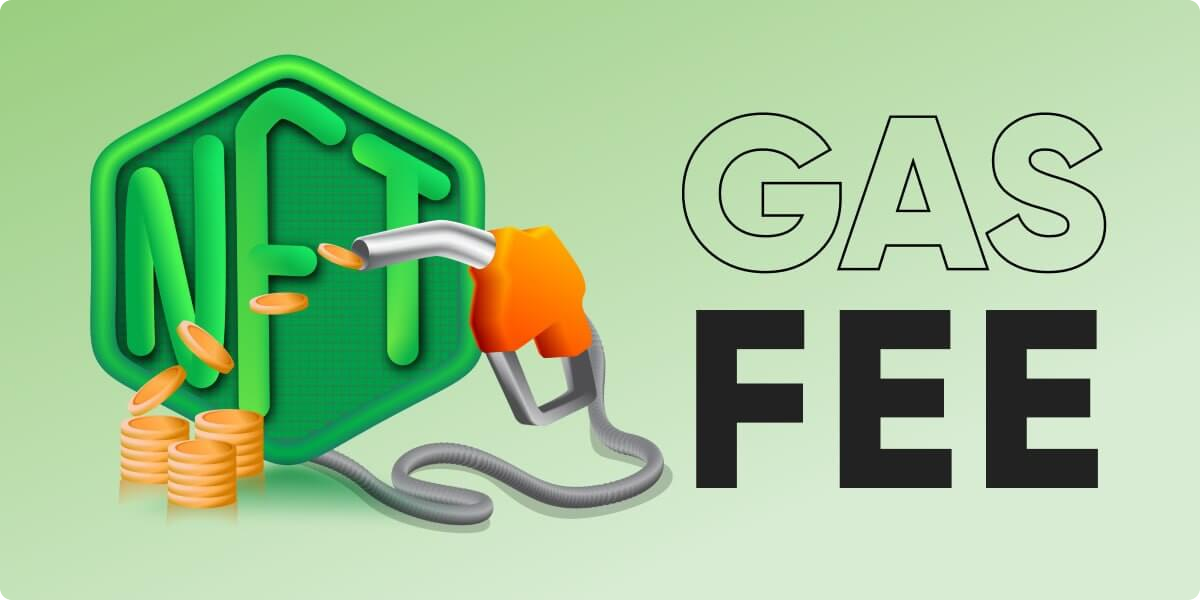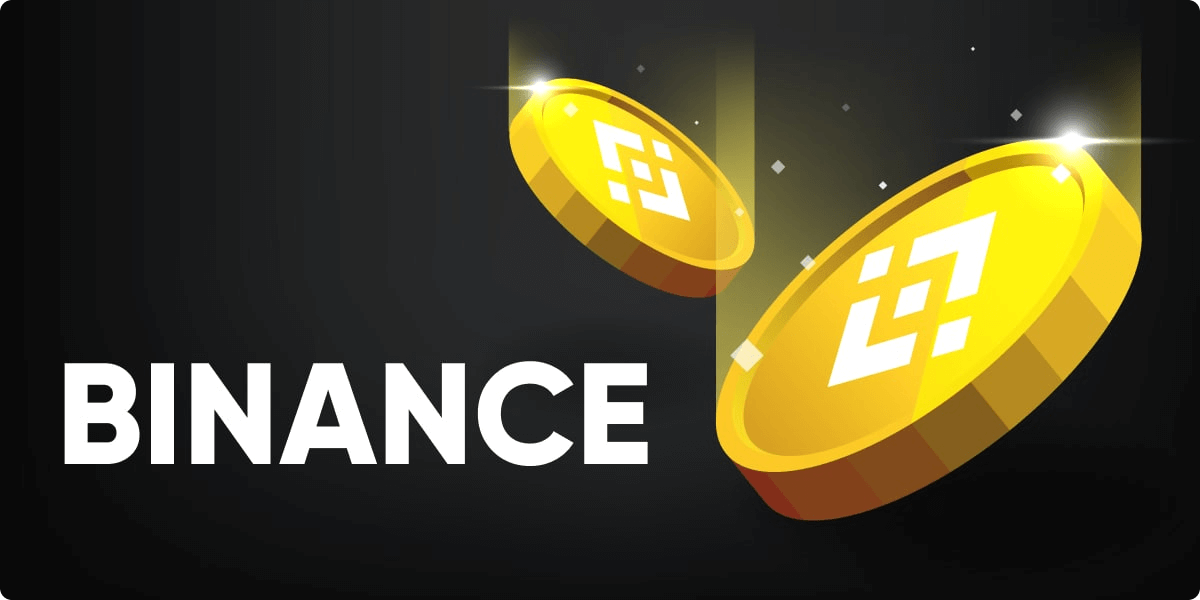During your journey of learning about cryptocurrencies, Ethereum (ETH), and NFTs, you must have come in contact with the term "gas fees" or "network fees". But do you have a clear idea of what a "gas fee" is and why it’s a fundamental part of NFT minting? Let’s break it down together.
What are gas fees?

If you have a car, you need to fill it up with fuel to operate it. In other words, that fuel is the cost you incur to enjoy the convenience of driving your car or vehicle. In the case of cryptocurrencies, the transaction fees that users pay to get their smart contracts into the blockchain are called "gas fees". The value of these fees varies depending on the rate of demand for that specific cryptocurrency in the market. But it also depends on how fast you are willing to mint your NFTs, i.e. how fast the minting process is. The faster you want to go, the more you have to pay to NFT marketplaces and cryptocurrency networks.
Where to mint your NFTs with low gas fees?
If you're familiar with Ethereum (ETH), you know that whether you're trying to send tokens from one wallet to another, or exchange tokens on a decentralized exchange, or send money from your own wallet to your own centralized exchange account, the gas fees have become outrageous. Since it's so expensive to mint and trade your NFTs on the Ethereum Mainnet, we're going to look at three alternatives to Ethereum that you can use to mint and trade your art NFTs, music NFTs, video NFTs, gift NFTs, or anything else you want to create. We’ll also discuss platforms you can use on each of these blockchains.
1. Polygon

In the face of rising gas fees, Polygon (MATIC) is the real alternative to Ethereum. Indeed, it’s a Layer 2 protocol built on top of Ethereum, so it has all the advantages of Ethereum and processes more than 65,000 transactions per second on a single side chain, with much lower fees (by more than 1000 times) compared to the Ethereum network. Additionally, with Polygon NFT Marketplace, you have the advantage of having access to at least one of the NFT marketplaces that we know well, namely AirNFTs.
2. Binance Smart Chain (BSC)

The Binance Smart Chain, was created as a parallel chain to solve the problem of smart contracts on the main Binance NFT Marketplace. Unlike Ethereum, it’s much cheaper, however, like Ethereum, it’s built on the same Ethereum virtual machine architecture. BSC reaches a maximum of 160 transactions per second. This is neither good nor close to Polygon, but much better than Ethereum. On BSC, the average cost per transaction is about 15 cents. This is still higher than Polygon but significantly lower than Ethereum. There are a couple of platforms you can use to create, buy, sell or gift your NFTs on BSC, such as AirNFTs.
3. Solana

The Solana NFT Marketplace is a decentralized blockchain designed to enable scalable, user-friendly dapps worldwide. It uses a proof-of-stake algorithm to enable ultra-fast transactions at extremely low costs per transaction. Solana has over a thousand network of validators that can do up to 50,000 transactions per second, and the average cost per transaction is $0.00025. Some of the most popular NFT marketplaces on Solana include Solsea and Magic Eden. Since AirNFTs plans to be a multichain NFT marketplace, there is a high probability of running for Solana as well.
4. Avalanche

Avalanche (AVAX) is a smart contract enabled blockchain platform focused on fast transactions, low costs, environmental friendliness, and allows you to mint your own art NFTs, In-game NFTs, collectibles and any other type of NFT you want to create in seconds for less than a cent. Popular Avalanche NFT marketplaces include NFTrade and Kalao NFT marketplace.
Conclusion
The popularity of the NFT market space is rapidly growing, with more people signing up every day. However, to mint your digital art collection, you need to spend money. If you don't want to use each marketplace on a different blockchain, you can use all-in-one with AirNFTs, an NFT marketplace on the Polygon and BSC blockchains.



